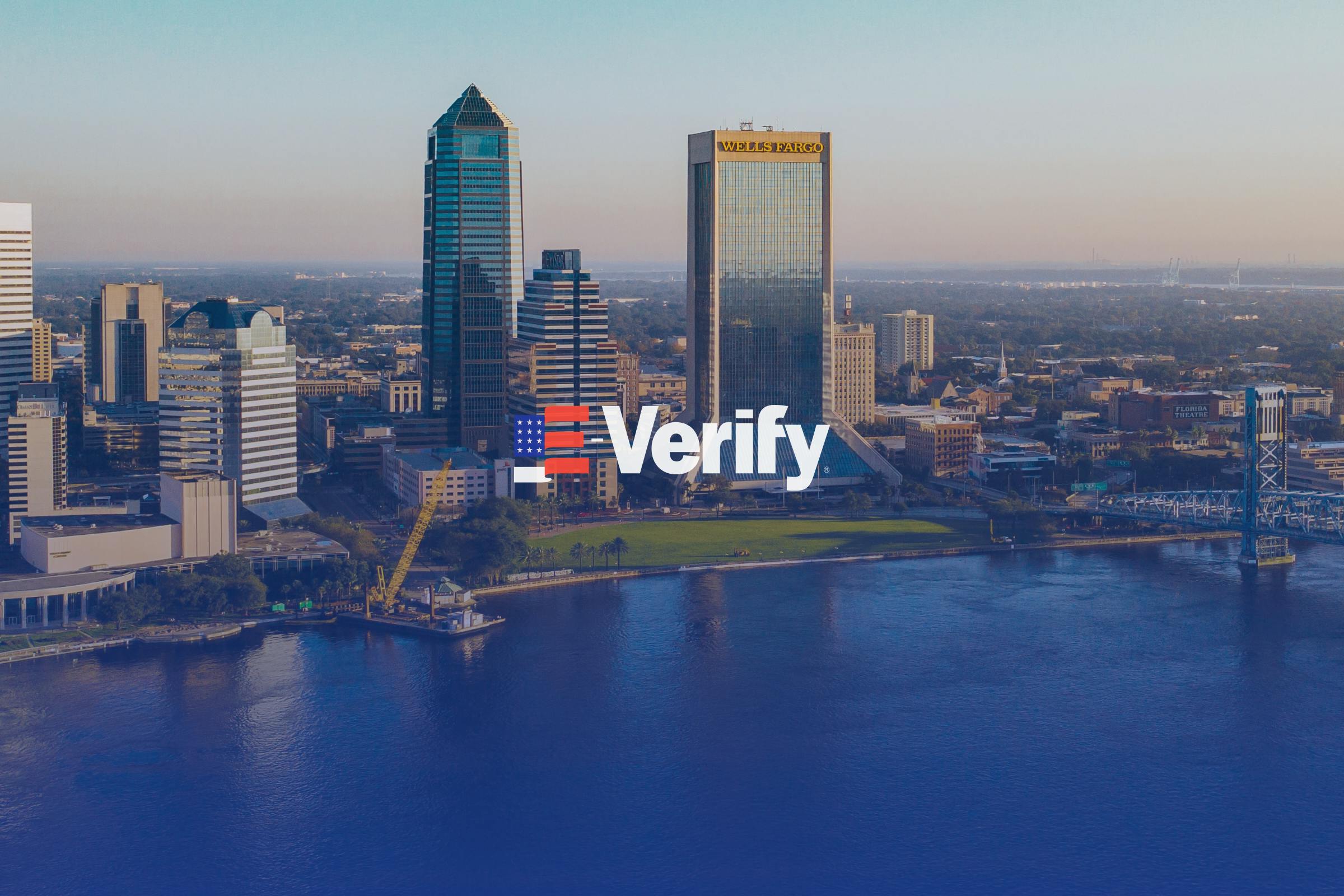Recently, there has been some confusion surrounding green card holders (legal permanent residents) of the United States, and travelling back to the U.S. after being abroad for nearly a year. If you have been abroad for a long time due to lockdowns and other Covid-19 related precautions, it might create some tension when trying to re-enter the U.S. This stems from a U.S. immigration law that states LPRs who have been out of the country for longer than a year have been considered “abandoning” their status, and therefore need to apply for a SB-1 Returning Resident visa.
However, if you have not been out of the country for longer than a year yet, you still have all of the rights of a legal resident and you should be able to explain to the airline/customs (CBP) officer your situation and attachment to the U.S. This blog will explain how some procedures and situations should be handled in the event that a returning green card holder has issues with international travel.
Airlines and Boarding
First off, if you are finally returning to the U.S. even after a long visit in your home country, you should never be barred from a flight. If there is an issue, you should know that airlines have a direct communications channel with immigration, and you can request that someone at the airline confirm your status with immigration in order to verify your legal status in the U.S.
Inspections
Secondly, if there is ever going to be an issue with U.S. immigration, it will usually occur at a port of entry (airport) where CBP officers might want to perform what is called a “secondary inspection”. This is when officers will take you into a one on one interview-style room and ask you questions about your residence in the U.S. and why you have been gone for so long. If the issue was Covid-19 related, you need to first explain to the officer the rules and regulations that have been in effect in your home country so they can become familiar with international relations between the U.S. and the country in question.
Next, you will be asked to explain your ties to the U.S. This is the perfect time to discuss an apartment you have been paying rent for, a job you are returning to, a partner you are returning to, or monthly insurance payments you are still making to a U.S. institution.[1] If you are single, you might want to make the case that you had to return home to be with your family during the pandemic. In any case, the more evidence you provide, the better. Your response will most likely be recorded and you will receive a printed version of the statement you gave. Generally speaking, green card holders are not detained, and are more commonly issued a NTA—Notice to Appear in an immigration court at a later time.
Immigration Law
Additionally, green card holders should take comfort in the fact that you cannot have your legal resident status “revoked” by an immigration/customs officer. They do not have the power to do so. If an officer tries to challenge your legal status at the border/point of entry, you must know your right to have a hearing inside the U.S., at some later point in time, with an actual immigration judge.
Finally, if you have been outside of the U.S. for longer than a year, but are still a valid green card holder, you should ask the Customs officer for a visa waiver upon re-entry. You might have to pay a small fee, but this is also another way to re-enter the country without having to apply for a SB-1 visa. Depending on the officer, you could be issued a visa waiver and admitted to the U.S. without any problem.[2]














